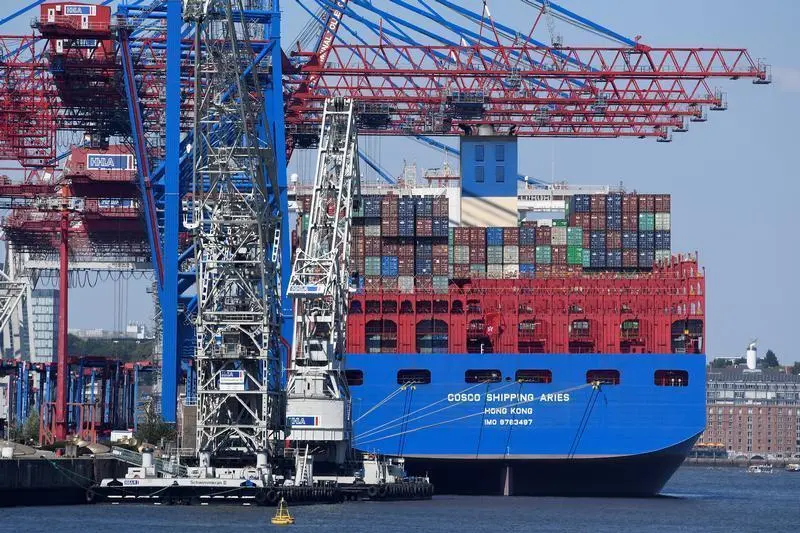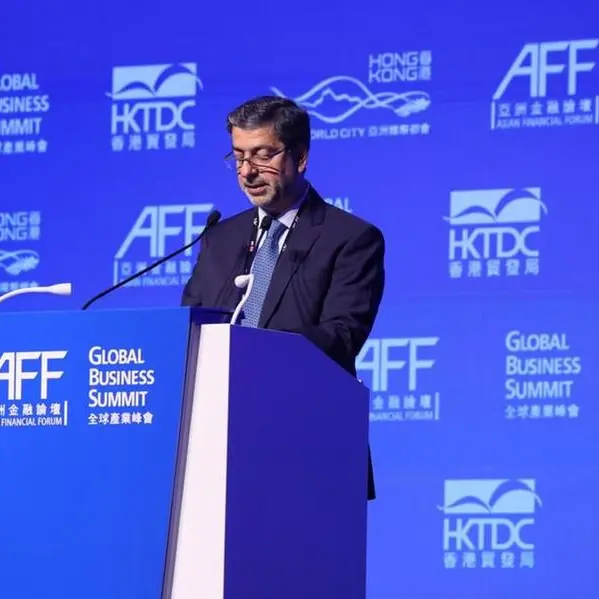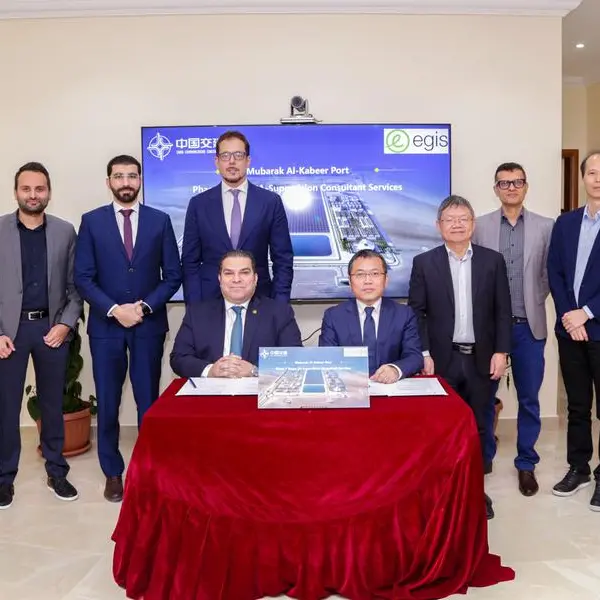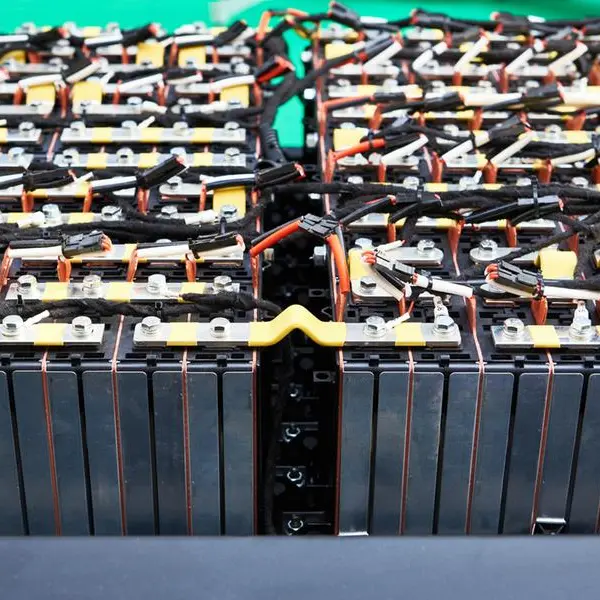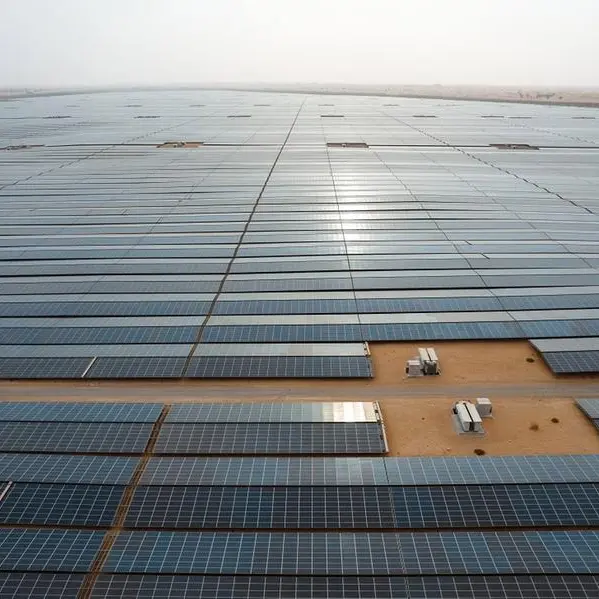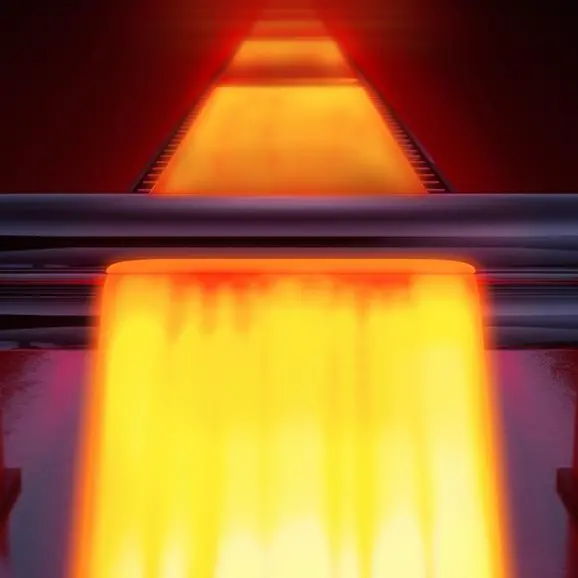PHOTO
BERLIN - Germany is reviewing its decision to allow China's Cosco to take a stake in one of logistics company HHLA's three terminals at Hamburg port, a spokesperson for the German economy ministry said on Wednesday.
The comments came after it emerged that the Tollerort terminal had been classified as critical infrastructure this year, threatening to relaunch a political row over the risks of Chinese investment in the German economy.
The ministry spokesperson said it was now being determined whether and under what conditions Cosco would be allowed to take a stake in the terminal.
China's foreign ministry urged Germany to be "objective and rational" in its review.
"The German side is very clear about the ins and outs of the Hamburg port issue, we hope the German side will refrain from politicising commercial cooperation, making it something about ideology or security, and setting barriers to such cooperation," Chinese foreign ministry spokesperson Wang Wenbin said at a regular briefing on Thursday.
German Chancellor Olaf Scholz gave the green light in October last year to Cosco taking a 24.9% stake, resisting strong pushback from within the three-way governing coalition.
A spokesperson for Scholz said his stance on the issue had not changed.
In an emailed statement to Reuters, HHLA confirmed that its Hamburg container terminals had been registered as critical infrastructure at the start of the year, confirming a report by the Sueddeutsche Zeitung.
This followed the creation of a new category for loading facilities in sea and inland ports with cargo volume of 3.27 million tonnes per year, an HHLA spokesperson said.
The HHLA group had already been classed as critical infrastructure under pre-existing criteria, the spokesperson said, so the Federal Office for Information Security (BSI)'s assessment meant "no significant change" for the company.
The BSI did not immediately respond to a request for comment from Reuters.
German Foreign Minister Annalena Baerbock is slated to visit China from April 13-15.
(Reporting by Friederike Heine and Andreas Rinke; Additional reporting by Andrew Hayley and Liz Lee in Beijing; Editing by Matthias Williams, Rachel More, Kirsten Donovan)
